What the UN Secretaries-General are remembered for
The Secretary-General is the highest-ranking position in the United Nations, which allows one to exert enormous influence on global processes and serve as a key arbiter in resolving global crises and conflicts. Throughout the history of the UN, nine people have held the post of Secretary-General, each with their own merits. What the UN leaders are remembered for was studied by a Kazinform News Agency correspondent.
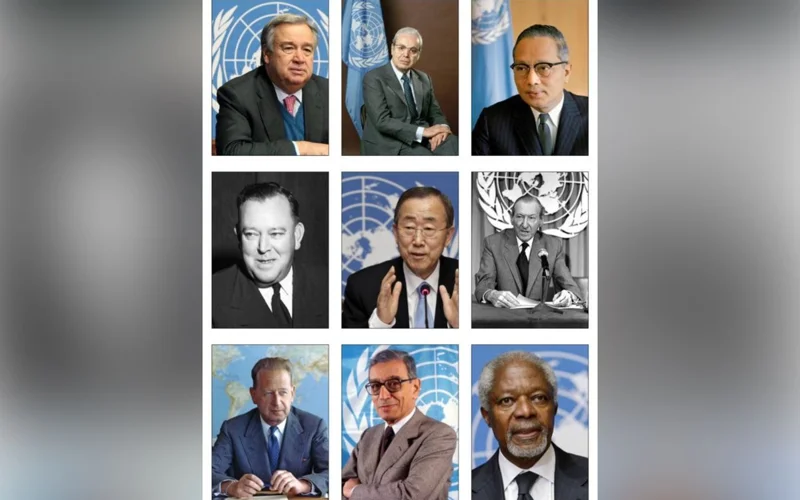
British diplomat Gladwyn Jebb is considered the first head of the UN, although he did not officially hold the post of Secretary-General but served in an acting capacity (October 24, 1945 – February 1, 1946). Despite his temporary status, he went down in history as one of the best leaders of the international organization. It was Jebb who took office in the decisive first days of the UN’s existence in the difficult postwar period and played an important role in defining the functions of the Secretary-General, ensuring impartiality and independence.
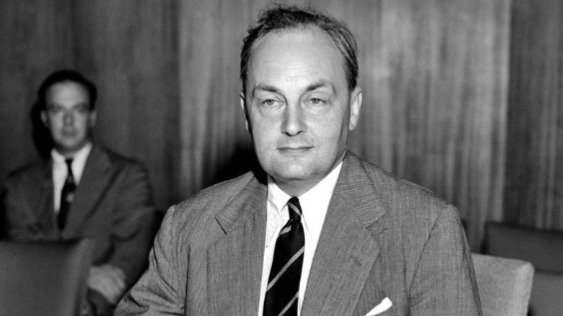
The first official UN Secretary-General, Trygve Lie of Norway (February 1, 1946 – November 10, 1952), faced numerous difficulties in resolving geopolitical tensions in the world, which led to the premature end of his tenure as head of the international organization.
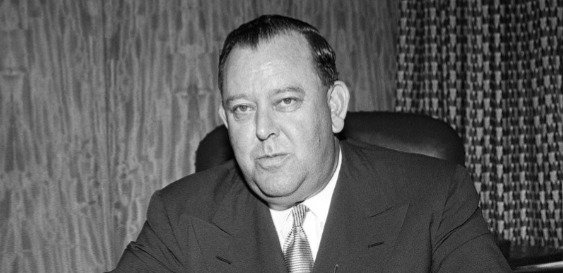
Trygve Lie headed the Norwegian delegation at the San Francisco Conference, where he contributed to the creation of the international organization and the drafting of the UN Charter. For his merits, on February 1, 1946, he was elected the first UN Secretary-General, and on November 1, 1950, the General Assembly extended his mandate for another three years until February 1, 1954.
As Secretary-General, Trygve Lie sought to stop conflicts: the Korean War (June 25, 1950 – July 27, 1953), the blockade of West Berlin (June 24, 1948 – May 12, 1949), the crisis in Kashmir (1949, military conflict between India and Pakistan), securing international recognition for Israel (declared independence on May 14, 1948, provoking war with the Arab League), the armed conflict in Indonesia (1945–1950, struggle for independence), and the Chinese Civil War (1949).
Lie was criticized for failing to secure the transfer of command of UN forces under the unified command of the organization itself — it remained under U.S. control.
Under fierce criticism and pressure from both the U.S. and the USSR, Trygve Lie resigned in November 1952.
Swedish diplomat Dag Hammarskjöld is often called the best UN Secretary-General (April 10, 1953 – September 18, 1961) for his efforts to resolve many of the most difficult crises of his time. As Secretary-General, he attempted to improve relations between Israel and the Arab states, negotiated the release of prisoners between the U.S. and China after the Korean War, and worked to resolve the Suez Crisis (the second Arab-Israeli war, October 1956 – March 1957).
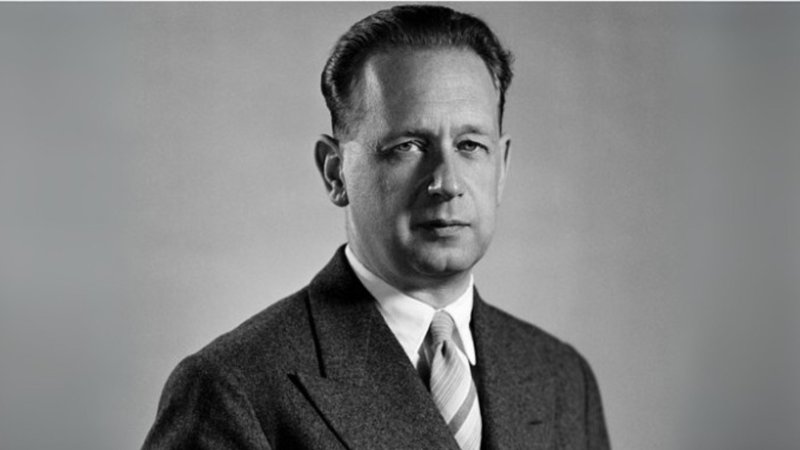
One of his important decisions was the creation of the United Nations Emergency Force (UNEF), the first UN peacekeeping force, to resolve crises following the invasion of Egypt by France, the UK, and Israel in 1956. UNEF fundamentally changed the role of the UN and became the forerunner of modern peacekeeping forces.
As UN Secretary-General, Dag Hammarskjöld took an active part in resolving the conflict in the newly independent Democratic Republic of Congo, but on the way back, his plane crashed, killing him and 14 other passengers. He remains the only UN Secretary-General to die in office.
For his efforts to resolve the Congo crisis, he came to be considered the best UN Secretary-General. After his death, Hammarskjöld was posthumously awarded the Nobel Peace Prize.
Burmese diplomat U Thant became the third UN Secretary-General after Hammarskjöld’s death. Initially, U Thant was appointed Acting Secretary-General for the remainder of Hammarskjöld’s term. However, his successes during that time led to his appointment for a full term (November 30, 1961 – December 31, 1971).
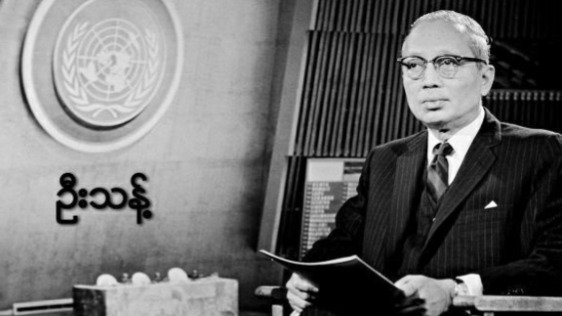
Among U Thant’s main achievements was facilitating negotiations between the U.S. and the Soviet Union during the Cuban Missile Crisis (October 1962). Thanks to his success, full-scale nuclear war between the superpowers was avoided, and for this reason, he is listed among the best UN Secretaries-General.
U Thant also managed to end the Congo crisis that had cost Hammarskjöld his life. At the same time, during his leadership of the UN, he was unable to resolve two conflicts: the Vietnam War (1955–1975) and the ongoing Arab-Israeli conflict.
From 1967, disputes between Turkish Cypriots and Greek Cypriots escalated, and Turkey threatened military intervention. Through active negotiations on the Cyprus issue, U Thant managed to prevent military escalation.
UN Secretary-General Kurt Waldheim of Austria (January 1, 1972 – December 31, 1981) is remembered for leading the international organization during the tense Cold War, conducting large-scale aid operations in various regions. During his tenure, the UN focused on assisting Bangladesh, Nicaragua, the Sudan-Sahel region of Africa, Guatemala, and Namibia, as well as peacekeeping operations in Cyprus, Yemen, Angola, Guinea, and especially the Middle East, where he visited Syria, Lebanon, Israel, Egypt, and Jordan, and inspected UN peacekeeping missions in the region. He also took part in negotiations with India and Pakistan to overcome the consequences of conflict. After the end of the Vietnam War in 1975, he helped provide humanitarian aid to refugees from Indochina.
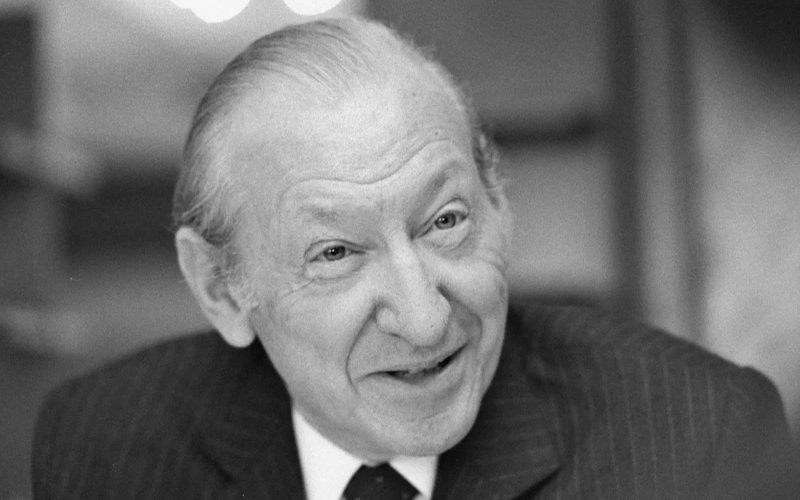
Kurt Waldheim sought peaceful settlement of crises and UN involvement as a neutral mediator in international conflicts. Despite the Cold War, he managed to maintain working relations with both the West and the Eastern bloc.
He was re-elected in 1976, despite opposition from less developed countries, but in 1981 the Chinese government vetoed his third term. This may have been due to his style being seen as bureaucratic and overly cautious. He also failed to initiate structural reforms in the UN system, despite growing bureaucratic and financial problems.
Peruvian diplomat Javier Pérez de Cuéllar became the first Latin American to hold the post of UN Secretary-General (January 1, 1982 – December 31, 1991). His work is considered one of the most diplomatically subtle and successful in UN history, especially in the context of the end of the Cold War. He was known as an exceptionally reserved and cautious diplomat who could find compromises. His candidacy was acceptable to both sides of the Cold War, which made him an effective mediator.
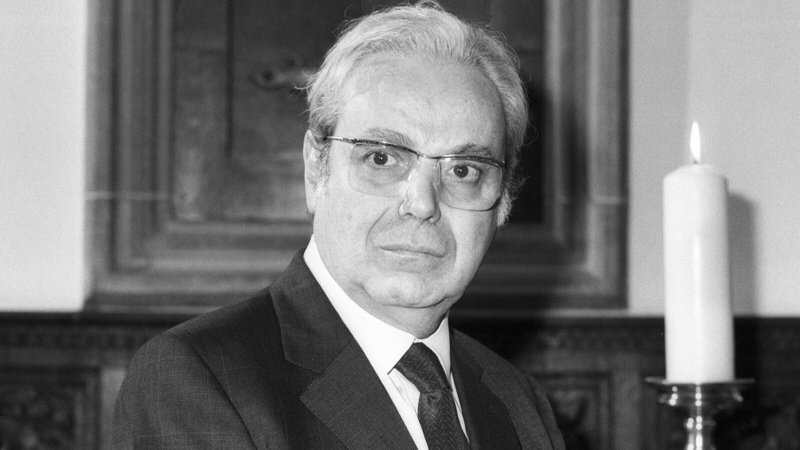
His mediation contributed to the signing of the Geneva Accords (1988), which led to the withdrawal of Soviet troops from Afghanistan. Under his leadership, the UN participated in diplomatic efforts to end the civil war in Cambodia. Among his significant successes was support for the plan for Namibian independence, as well as ending the Iran-Iraq War (1980–1988). The Secretary-General actively promoted the UN’s role in humanitarian assistance — to refugees, victims of conflict, and famine.
During his tenure, the UN became a more active platform for international dialogue, especially amid rapprochement between the USSR (Gorbachev) and the U.S. (Reagan/Bush). He supported the UN’s role as a central mechanism for maintaining peace in the new world order.
Boutros Boutros-Ghali became the sixth UN Secretary-General (January 1, 1992 – December 31, 1996). In 1991, the Organization of African Unity insisted that the next Secretary-General should be African. Egyptian Boutros-Ghali, who was well regarded by the U.S., Europe, and participants in the Middle East peace process, was elected in the first round of voting. In his first months as Secretary-General, Boutros-Ghali proposed the concept of “peacebuilding” instead of “peacekeeping.” He argued that peacebuilding required the consent of all parties involved in a conflict, even if it was within a sovereign state.
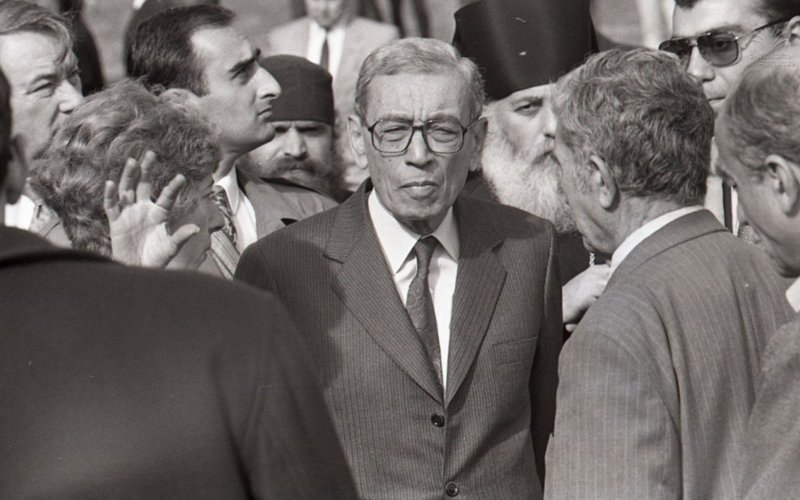
By mid-1993, he had visited 19 countries and inspected 13 peacekeeping operations.
His tenure coincided with one of the darkest chapters in history — the civil war and genocide in Rwanda. As Secretary-General, Boutros-Ghali was unable to secure a UN decision on military intervention in the conflict.
In 1996, Boutros-Ghali announced his intention to run for a second term, but the U.S. used its veto power to block the extension of his mandate.
Ghanaian diplomat Kofi Annan was the seventh UN Secretary-General, having had a long and successful career in the international organization (January 1, 1997 – December 31, 2006). During his time as Secretary-General, Kofi Annan achieved much. Among his major accomplishments were progress in combating the spread of chemical and nuclear weapons, HIV/AIDS, especially in Africa, as well as the protection of human rights, labor relations, the environment, and the fight against corruption. Thanks to these key achievements, he became one of the most prominent Secretaries-General.
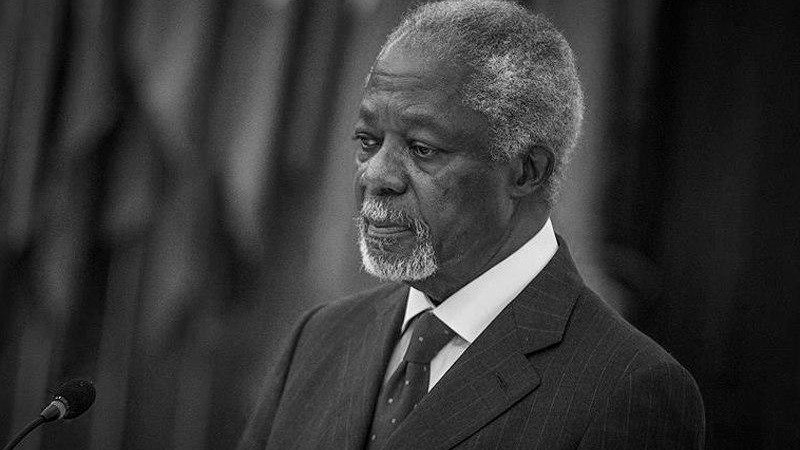
It is also important to note his initiative to develop the “Millennium Development Goals,” which outlined eight key areas of global development (eradicating poverty and hunger, achieving universal primary education, gender equality and women’s rights, reducing child mortality, improving maternal health, combating HIV/AIDS and other diseases, environment, global partnership). 191 UN member states and 22 international organizations joined the Millennium Development Goals, which are considered one of the most important factors in international development and Kofi Annan’s main achievement.
He played a major role in reforming peacekeeping and peacebuilding within the UN. He also called for a complete review of the UN Secretariat, though not all of his reforms were implemented.
The genocide in Rwanda undermined the UN’s authority, after which Kofi Annan called for reform of the organization and a full review of the Secretariat, though not all reforms were realized. During his tenure, the Human Rights Council was created.
In recognition of his achievements, in 2001 Kofi Annan was awarded the Nobel Peace Prize “for creating a better organized and more peaceful world.” He became the second UN Secretary-General to receive the Nobel Peace Prize.
South Korean diplomat Ban Ki-moon is regarded as one of the strong UN Secretaries-General (January 1, 2007 – December 31, 2016), who played an important role in combating climate change, promoting the Sustainable Development Goals (SDGs), and advancing “quiet diplomacy.”
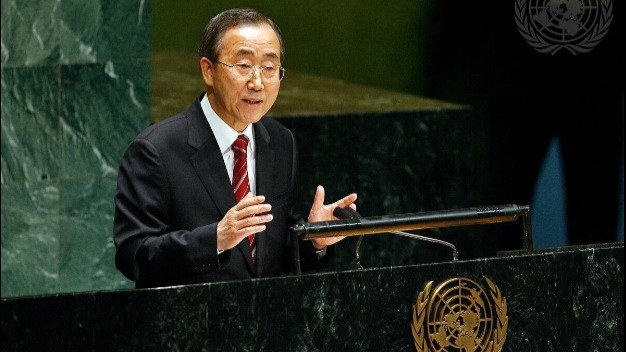
He organized and supported the Climate Conferences in Copenhagen (2009) and Paris (2015), the latter becoming a major UN achievement, calling on world powers to cut emissions and invest in sustainable energy.
In 2015, 17 Sustainable Development Goals were adopted, replacing the Millennium Development Goals.
Ban Ki-moon also took office amid the conflict following the U.S. invasion of Iraq (2003–2011). He faced challenges including the Syrian Civil War (since 2011), the Libyan War and the fall of Gaddafi (2011), as well as the nuclear ambitions of North Korea and Iran.
He is also remembered for raising the issue of LGBT rights. In 2012, he gave a speech titled “The Time Has Come,” in which he urged the UN to do more to protect the rights of sexual minorities.
The Wall Street Journal called him the UN’s “invisible man.” His term was marred when the UN introduced cholera to Haiti in 2010, after sewage from a UN peacekeeping base contaminated a major water source. Haitian citizens filed a lawsuit in the U.S. Supreme Court against the UN mission.
The current UN Secretary-General, António Guterres of Portugal, took office on January 1, 2017. During his tenure, he has faced numerous military conflicts between Russia and Ukraine, Israel and Palestine, Armenia and Azerbaijan, as well as other challenges. On October 2, 2024, Israel declared Guterres persona non grata because he did not issue an unequivocal condemnation of an Iranian missile strike.
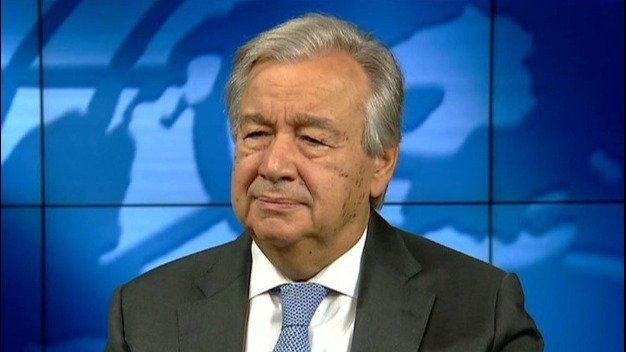
During his tenure, the UN demonstrated its ineffectiveness in a number of conflicts: between Russia and Ukraine (the General Assembly adopted non-binding condemnatory resolutions), Israel and Palestine (did not recognize genocide despite a UN Human Rights Commission report), Armenia and Azerbaijan (the UN Security Council never discussed settlement of the Nagorno-Karabakh conflict nor proposed any solution), as well as other challenges (COVID).
Under his leadership, in 2023, a record $22.7 billion was mobilized for humanitarian aid, supporting nearly 160 million people in need, despite increasing casualties among UN staff. These funds made it possible to implement life-saving programs in Afghanistan, Sudan, Yemen, and the occupied Palestinian territory, as well as in regions affected by natural disasters such as earthquakes in Syria and Türkiye, and floods in Libya, Malawi, and Mozambique.
He initiated the “Summit of the Future” (September 22, 2024), at which a 42-page “Pact for the Future” was adopted, containing 56 concrete steps — from security reform to nuclear disarmament and regulating artificial intelligence.
Guterres also formed a task force in March 2025 to launch large-scale reforms: to consolidate the UN in four key areas — peace and security, humanitarian aid, sustainable development, and human rights. These included the possible merger of the World Food Programme (WFP), the United Nations Children’s Fund (UNICEF), the World Health Organization (WHO), and the Office of the UN High Commissioner for Refugees (UNHCR) into a single humanitarian unit.
Earlier, Kazinform News Agency reported that from record-breaking speeches to unusual symbols — and even the appearance of a dinosaur — the UN General Assembly has seen some of the most fascinating moments in its history.
